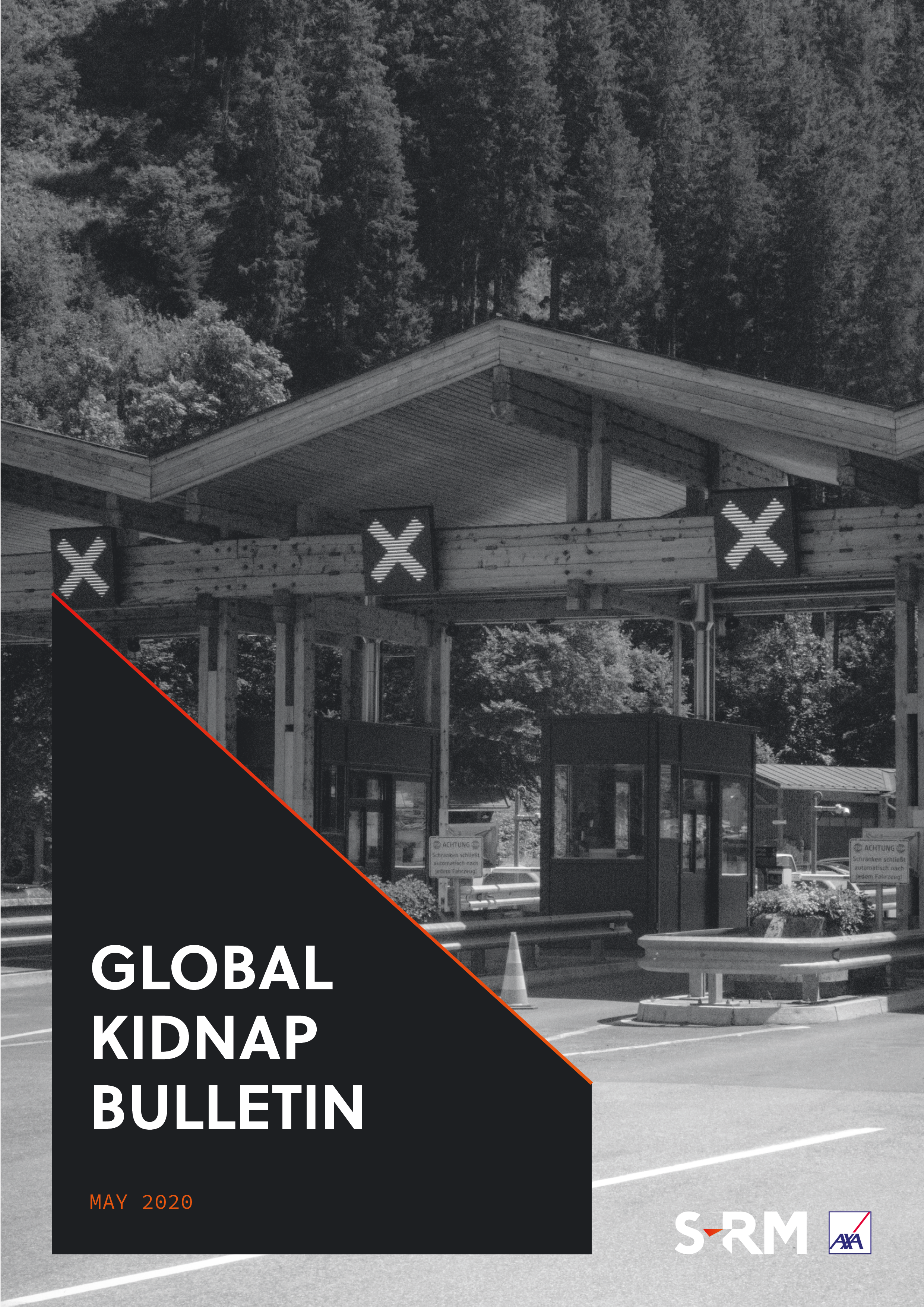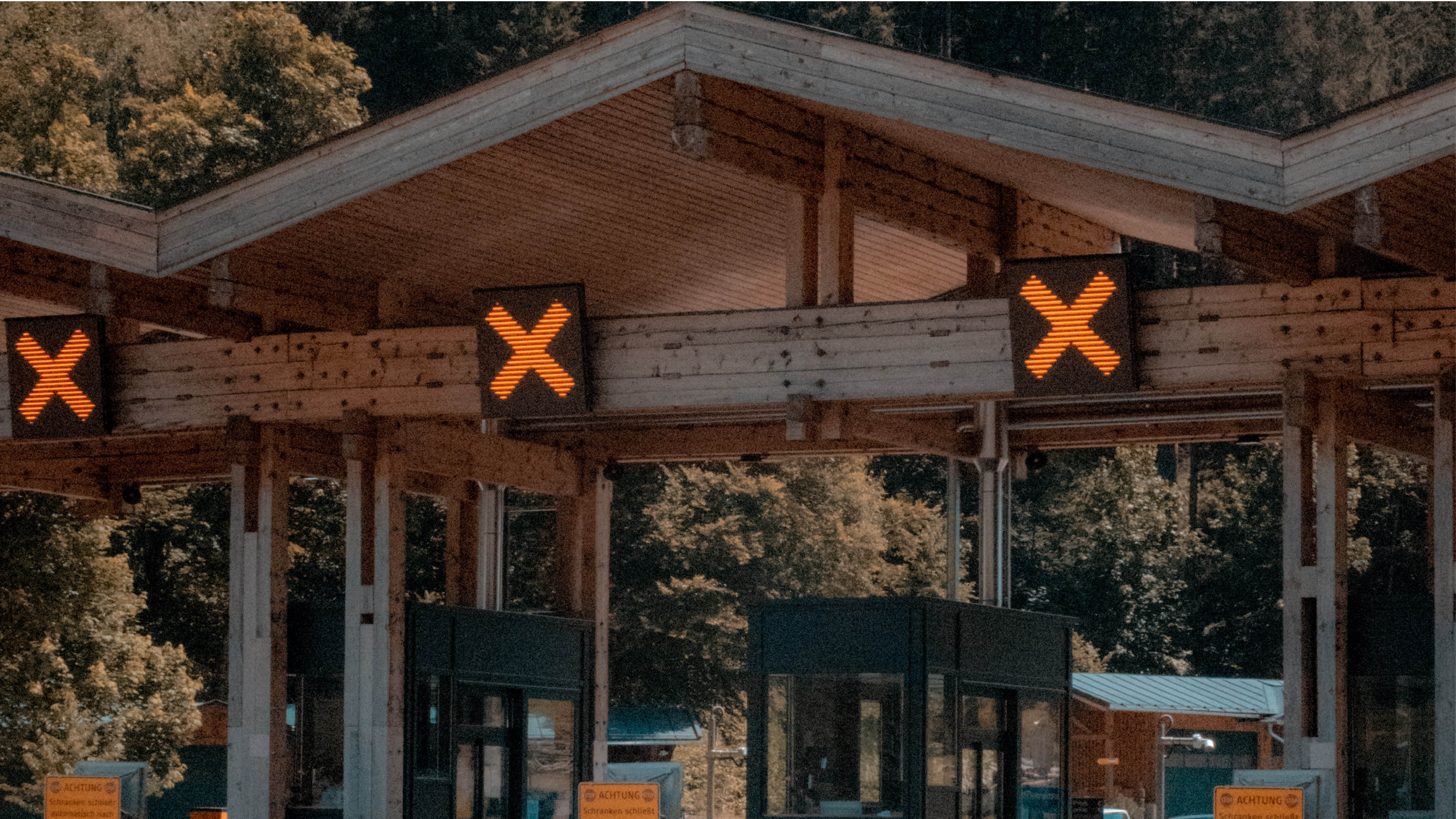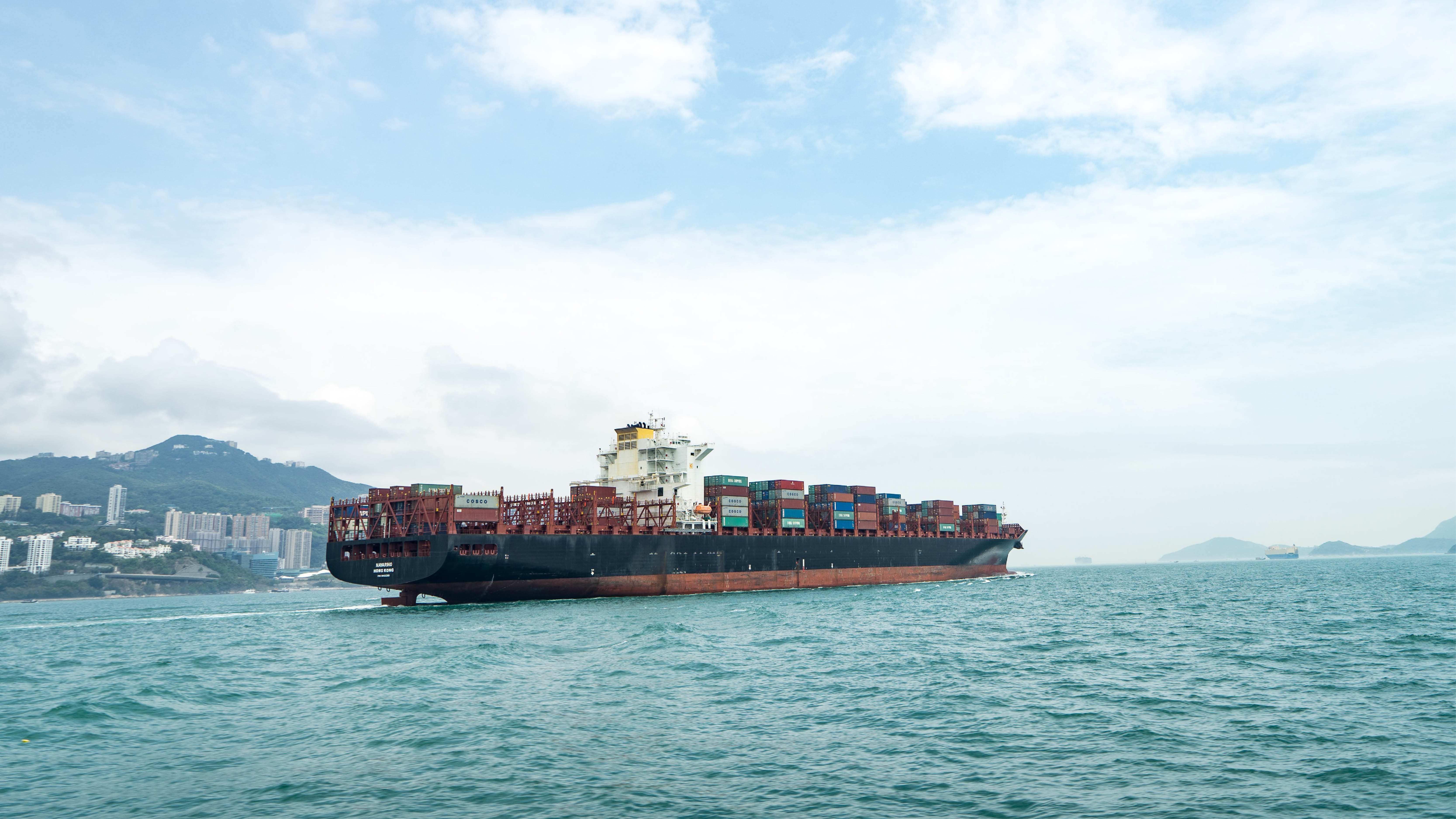In recent months, kidnappings have increased in Haiti. Emboldened by widespread political instability, violent protests, and the recent COVID-19 outbreak, criminals will continue to make use of the country’s unstable security environment to step up kidnapping activities, writes Erin Drake.
In March 2020, the US State Department issued a ‘Do not travel’ advisory for Haiti in response to an increase in violent crime, protests, and kidnapping. While kidnappings for ransom occur regularly, police have reported an increase in 2020. Several foreign nationals, including at least ten US nationals, were kidnapped during this period.
This escalation has coincided with the ongoing deterioration of Haiti’s security environment – particularly since sustained, violent anti-government demonstrations against the administration of President Jovenel Moïse intensified in December 2019 and forced parliament to close indefinitely in January 2020. The outbreak of COVID-19 has further strained the country’s ability to address kidnappings, as security personnel have been occupied with containing both protests and the spread of the virus. With these factors creating a permissive environment for criminals to operate, Haiti will likely see a further increase in kidnappings over the coming months.
PERPETRATORS
Multiple organised and semi-organised criminal gangs operate in Haiti, taking advantage of the poor security environment to perpetrate kidnappings, particularly in Port-au-Prince. Several neighbourhoods in the capital are known to be under gang control, and state security personnel are largely unable to enter and operate in these areas. However, the government and opposition are also known to leverage gangs to advance their political agenda, providing them with payments, resources and immunity to threaten and subdue the population. Senior government officials have even been complicit in kidnapping activities.
CASE STUDY: SENATOR INVOLVED IN KIDNAPPINGSIn August 2019, Gracia Delva, a Haitian senator close to the ruling Parti Haïtien Tèt Kale (PHTK) party, was investigated after a captured gang leader, Arnel Joseph, claimed that the senator was involved in the kidnapping of a businessman. The victim was Delva’s neighbour, whose family reportedly paid USD 110,500 for his release. Delva reportedly held several phone conversations with Joseph to discuss the kidnapping. While Delva attended a court session during Joseph’s trial, it is unclear whether he was charged, or whether an investigation is underway. |
AFFLUENCE AND OPPORTUNISM
Reported cases indicate that kidnappers select victims according to their perceived wealth. Recent victims range from schoolchildren and slum vendors to lawyers, doctors and foreign aid workers. Local nationals are most commonly the victims of planned kidnappings, where perpetrators use social media to watch potential victims for overt displays of wealth, and to track their movements. As such, kidnappers typically retain their victims’ cell phones after the victim’s release to identify other potential victims. This has led to a trend in which groups of individuals affiliated with one another are often kidnapped in succession. Local nationals are also most likely to be killed in kidnap for ransom cases, even if the ransom demand is paid.
While foreign nationals are not specifically targeted, kidnappers consider them high-value targets due to the perception that their families may be able to pay higher ransom demands. In March 2020, a family paid around USD 29,000 for the return of a US national who was kidnapped in the Tabbare neighbourhood of Port-au-Prince. However, foreigners’ already limited presence in the country contributes to a reduced opportunity to target them. While kidnappers will retain a high intent to target them, restrictions on foreign travel due to the COVID-19 outbreak will reduce the number of foreigners further.
CAPABILITIES
Kidnappers have targeted a wide range of victims in multiple locations; while many incidents take place in the slums, such as the Village de Dieu, media also regularly report cases of victims who are brazenly abducted from various affluent neighbourhoods, public transport systems and busy streets. Kidnappers often disguise themselves as members of Haitian security forces, operating in unmarked vehicles. Recent cases involving US and Haitian dual-nationals have seen victims taken from outside the Toussaint Louverture International Airport in Port-au-Prince.
Fact Box: US KidnappingsOf the US nationals kidnapped in Haiti between December 2019 and April 2020:
|
CASE STUDY: ACCESS TO AFFLUENT AREASOn 27 March, the director of one of Haiti’s top hospitals – the Hospital Bernard Mevs – was kidnapped after leaving his home in the upmarket Pèlerin 4 neighbourhood in Port-au-Prince. The kidnappers released him the following day without a ransom, following an address by President Moïse calling on the kidnappers to return him. Hospital staff had refused to accept patients in protest of his abduction. |
ONGOING INSECURITY
The recent rise in kidnappings is better explained by poor socio-economic conditions and ongoing political insecurity rather than criminal gangs’ increased capabilities. The COVID-19 outbreak will further strain the country’s economic, security and healthcare resources. In the absence of a functioning government and security apparatus, criminals will be emboldened to escalate their activities. As such, the country’s eroded security environment provides ample opportunity for criminals to step up kidnappings for ransom in the coming months.




 Email Erin
Email Erin





 @SRMInform
@SRMInform
 S-RM
S-RM
 hello@s-rminform.com
hello@s-rminform.com

